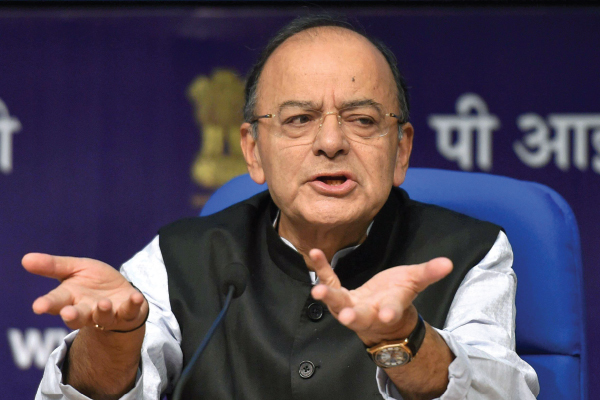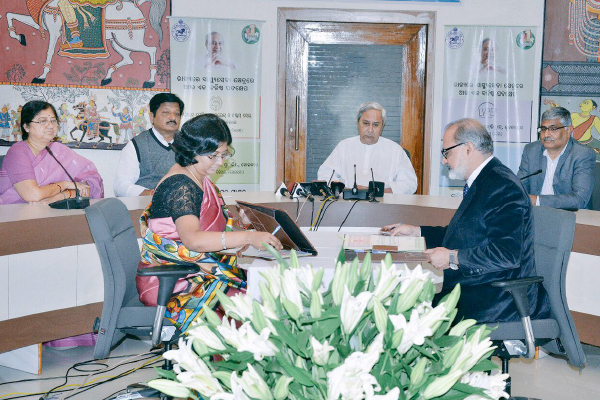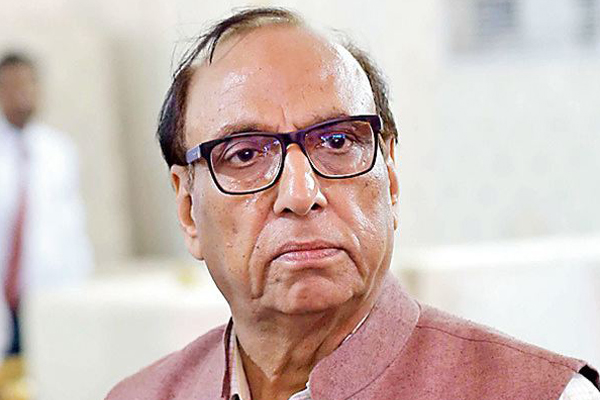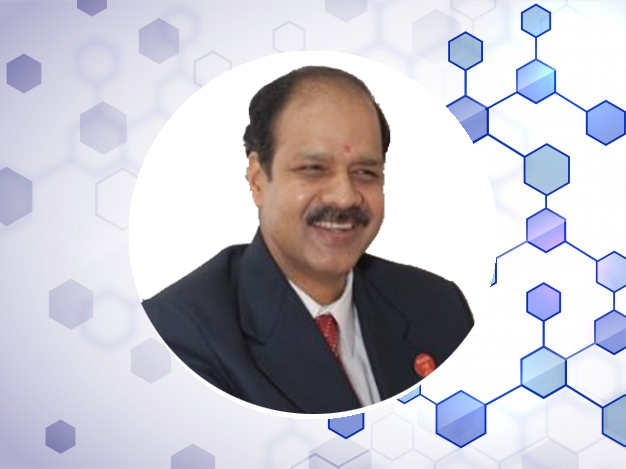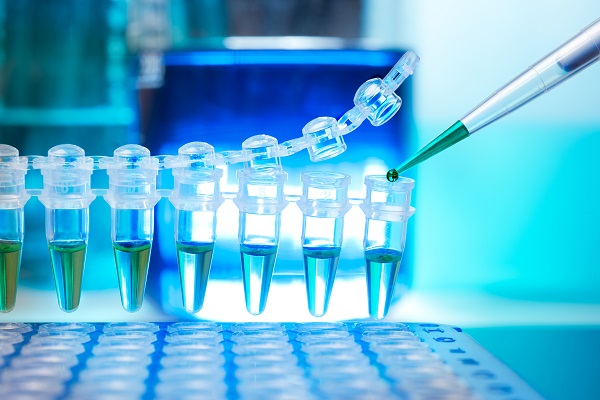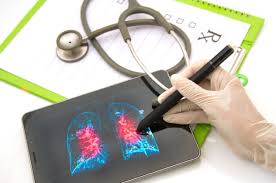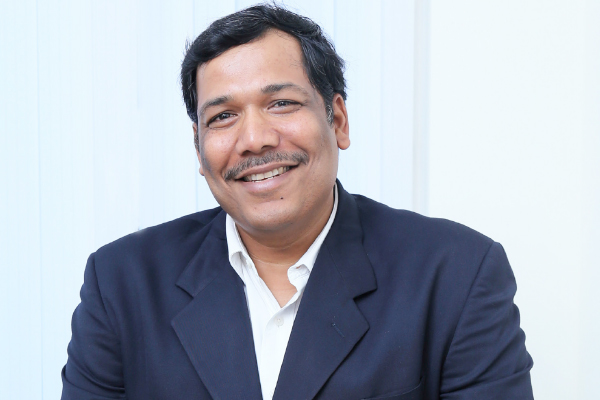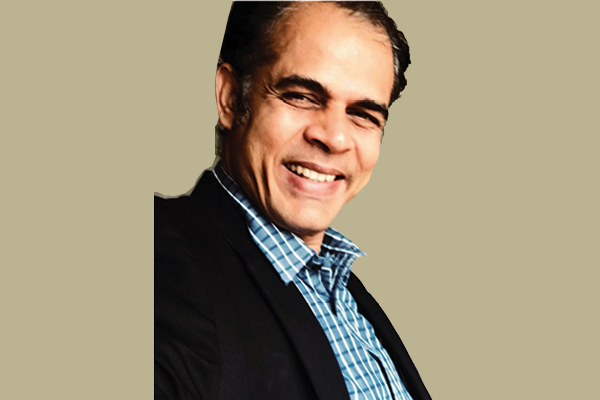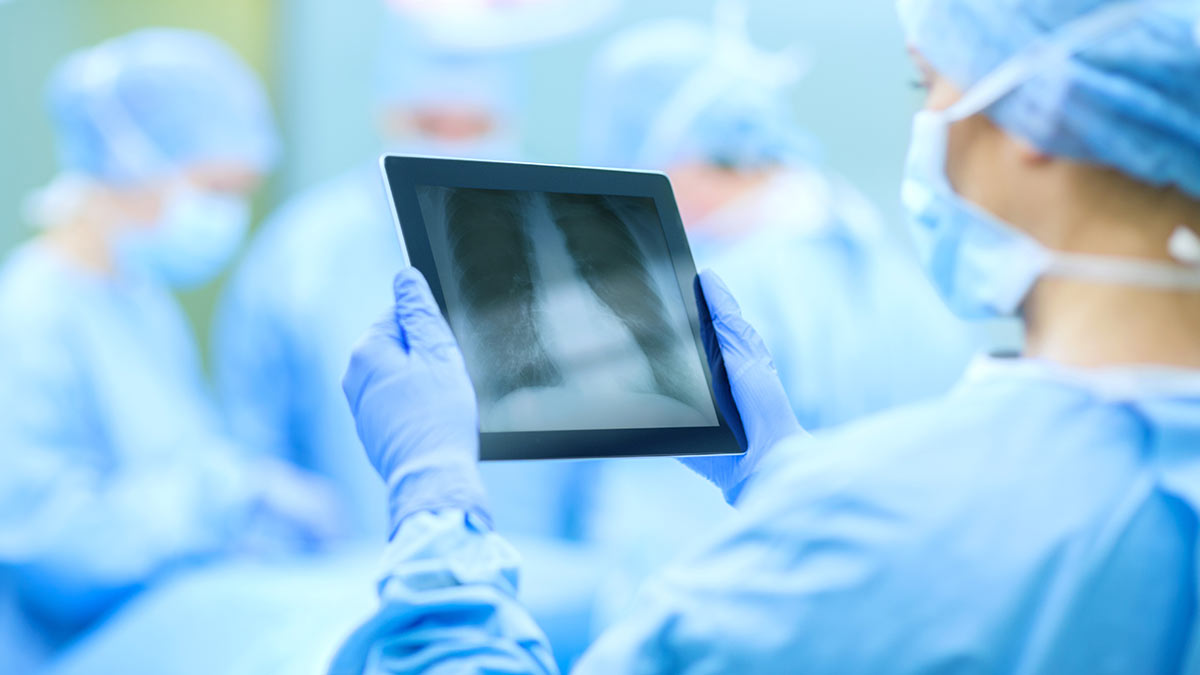
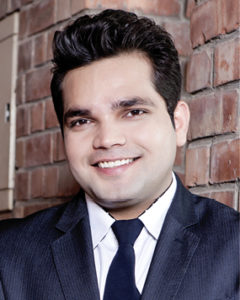
utive Director Sharda Hospital and Sharda University
IoT has made it easier for both doctors and patients in terms of reduced treatment cost, improved healthcare and better disease management, says Prashant Gupta, utive Director, Sharda Hospital and Sharda University, in conversation with Elets News Network (ENN).
Give us an overview of Sharda Hospital, a state-of-the-art multi super-speciality hospital that offers medical care at par with the global excellence.

Established in 2005, Sharda Hospital provides its patients world-class medical care at affordable cost. Today, Sharda Hospital has grown to become one of the largest superspeciality hospital (900+ bedded) and research centre in Delhi NCR including casualty, trauma, critical care and various intensive care units like ICCU, CTVUS ICU, MICU, SICU among others.
Sharda Hospital offers broad spectrum of medical services from tertiary care, super-specialities, general specialities, advanced diagnostic and radiology services to critical care. Everyone at Sharda Hospital strives to create a highreliability culture that fosters and supports patient care as a core value. The hospital received Assocham Health and Wellness Awards 2017 by Shri Ramchandra Chandravanshi, Minister of Health, Medical Education and Family Welfare, Jharkhand.
We have 11 Centres of Excellence at Sharda Hospital

Institute of Renal Sciences and Transplant
Institute of Neurosciences
Institute of Child Care
Institute of Critical Care and Anaesthesiology
Instituteof Dental Sciences
Heart Institute
Bone and Spine Institute
Cancer Institute
Gastroenterology and Endoscopy
Diabetes and Endocrinology
Minimal Access Surgery
Plastic-Aesthetic Surgery
Q How have you improvised in terms of technologies to cater to growing demands of patients who expect quick and quality service from healthcare service providers?
At Sharda Hospital, we try to be one step ahead in offering new technology advances to our patients. A few of them are:
Telemedicine
The advent of new technologies has given rise to virtual medical advice from anywhere in the world. With telemedicine, patients can consult Sharda doctors from wherever they are, using their smart phone or laptop. Sharda Hospitals telemedicine centre uses live video conferencing and real time medical record sharing/communication portal. The combination of telemedicine technology paired with advanced medical devices enables Sharda doctors to check the patients possible in a real environment. The specialist can provide assessment, diagnosis and treatment, request referral, send laboratory test request and provide prescription to the patient online.
Tele Radiology
Sharda Hospital extensively uses Tele Radiology for transmission of radiological patients images, such as MRIs, CT Scans and X-rays from one location to another for the purpose of sharing information with other radiologists and doctors. This technology helps patients and diagnostic centres in remote locations to connect with Shardas radiologists with their radiology images for expert opinion and get appropriate treatment recommendations. This service will play a vital role in reducing patient waiting time for diagnosis, treatment commencement and cost.
Tele Pathology
Tele Pathology helps to exchange specimen slides with scanned and high-resolution digital images via microscopic digital cameras. Tele Pathology makes it faster and easier to share medical images. Biopsies can be cut, stained, scanned, magnified and sent digitally during an operation. A pathologist can read the slides remotely in real-time and provide the surgeon with an immediate diagnosis.
Tele ICU
Tele ICU is a new addition in the field of healthcare to take Shardas Hospitals critical care unit to a higher level. It is a type of virtual ICU (intensive care unit) that remotely observes a patients status via state-ofthe- art audio-visual communication and computer systems with the help of a reliable networking with a bedside ICU team.
Q In the age of Internet, healthcare sector has been flooded with new technologies including IoT, automation and cloud computing. How these innovative technologies are changing face of healthcare landscape?
I believe that IoT has a very big role to play in making things easier for both doctors and patients in terms of decreased cost, improved treatment, improved disease management, reduced errors, enhanced patient experience and enhanced management of drugs. Through Cloud computing, hospitals and other healthcare providers can enter into new markets, respond more quickly to changing customers needs, collaborate more effectively to drive innovation and business value, and ute on strategies that might not have been cost-effective in the past.
Be a part of Elets Collaborative Initiatives. Join Us for Upcoming Events and explore business opportunities. Like us on Facebook , connect with us on LinkedIn and follow us on Twitter , Instagram.


